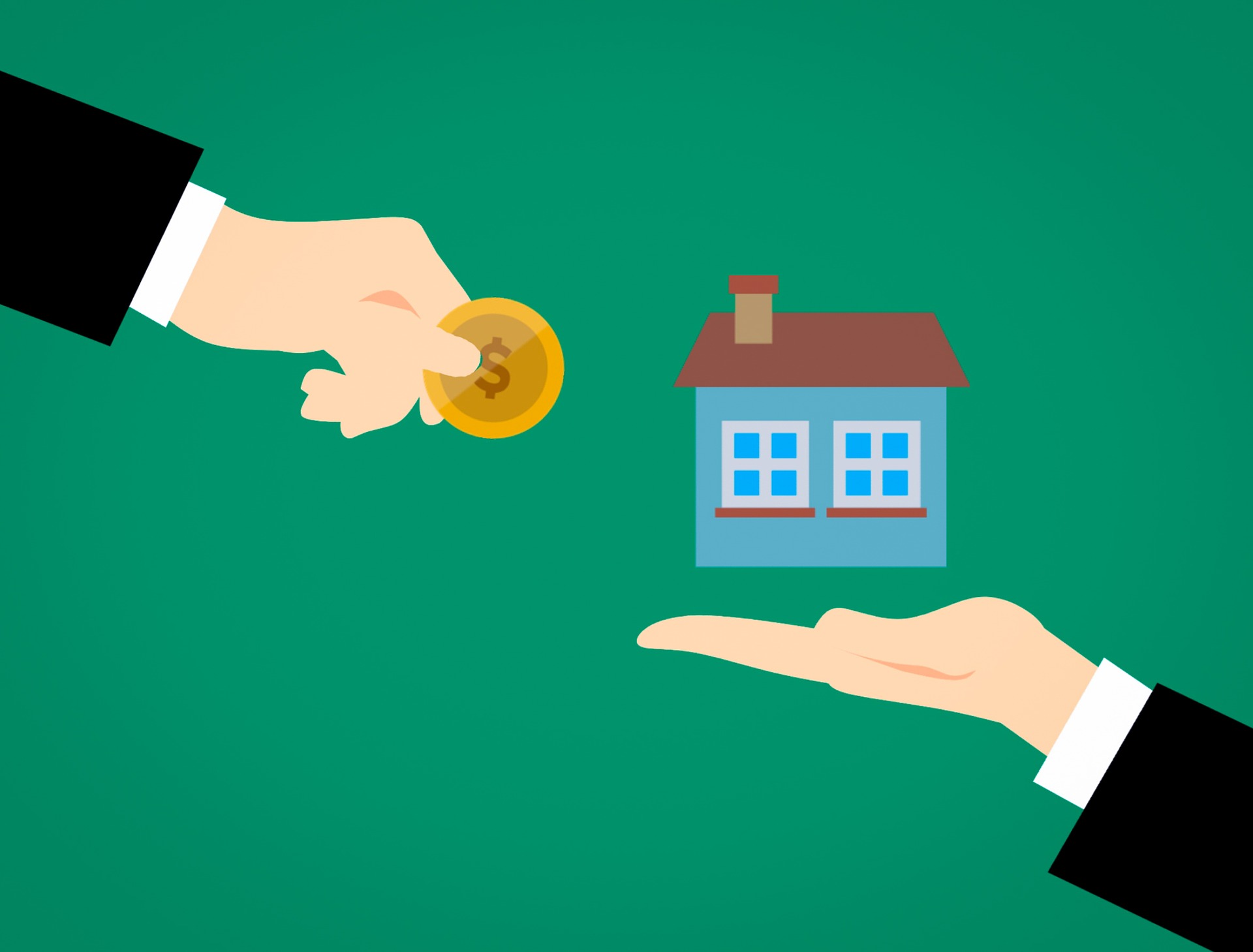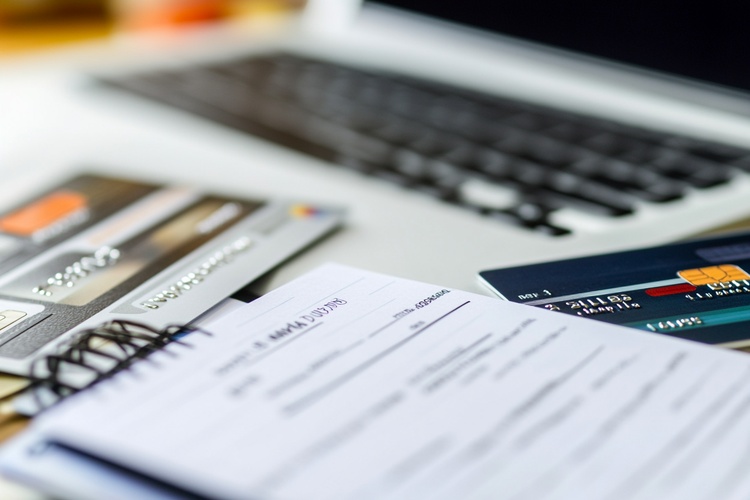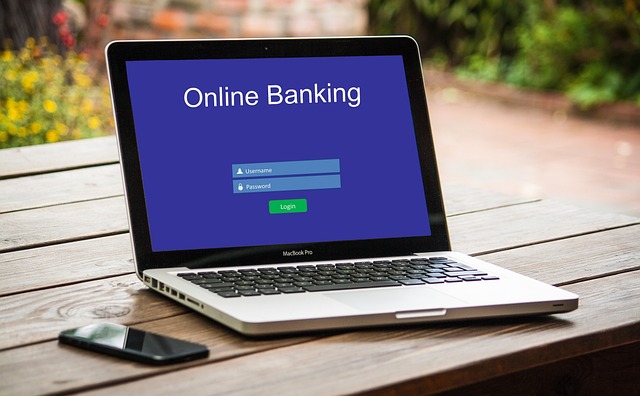Exploring the Opportunities of Bank-Owned Homes
Imagine stumbling upon a hidden gem in the real estate market—a property brimming with potential yet surprisingly affordable. These properties, also known as REO homes, become available for sale when homeowners default on their mortgages, culminating in banks repossessing the properties.

What are foreclosed homes and how do they become available?
Foreclosed homes, also known as bank-owned properties or real estate owned (REO) properties, are residences that have been repossessed by lenders due to the previous owner’s inability to meet mortgage payments. The foreclosure process typically begins when a homeowner falls behind on their mortgage payments for an extended period. After multiple attempts to rectify the situation, the lender may initiate foreclosure proceedings, eventually taking ownership of the property.
Once the foreclosure process is complete, the property becomes part of the lender’s REO inventory. Banks and other financial institutions then look to sell these properties to recoup their losses on the original mortgage. This is where potential buyers enter the picture, as these homes often come to market at competitive prices.
Why consider purchasing a foreclosed home?
There are several compelling reasons to consider a foreclosed home:
-
Potential for savings: Bank-owned homes are often priced below market value, as lenders aim to sell quickly and recover their investment.
-
Less competition: Some buyers shy away from foreclosures, potentially reducing competition and bidding wars.
-
Opportunity for renovation: Many foreclosed homes need work, allowing buyers to customize and potentially increase the property’s value.
-
Faster closing process: Banks are typically motivated sellers, which can lead to a quicker transaction.
-
Clear title: Lenders usually clear any outstanding liens or back taxes before listing the property.
What are the potential risks of buying a foreclosed home?
While foreclosed homes can offer great value, they come with their own set of risks:
-
As-is condition: Most bank-owned properties are sold “as-is,” meaning the buyer is responsible for any repairs or renovations.
-
Hidden damages: Foreclosed homes may have suffered from neglect or intentional damage by previous owners.
-
Competitive market: In some areas, foreclosures can attract multiple offers, potentially driving up the price.
-
Limited negotiations: Banks are less likely to negotiate on price or make concessions compared to individual sellers.
-
Longer processing times: Despite banks’ motivation to sell, the process can sometimes be slowed by bureaucracy and paperwork.
How can I find foreclosed homes for sale in my area?
Finding foreclosed homes has become easier in recent years, thanks to online resources and real estate platforms. Here are some effective methods:
-
Online real estate portals: Websites like Zillow, Realtor.com, and Foreclosure.com often have dedicated sections for bank-owned properties.
-
Bank websites: Many major lenders maintain listings of their REO properties on their websites.
-
Government agencies: HUD, Fannie Mae, and Freddie Mac list foreclosed homes they own on their respective websites.
-
Local real estate agents: Many realtors specialize in or have experience with foreclosed properties.
-
County records: Your local county recorder’s office may have information on recent foreclosures.
What unique considerations should buyers keep in mind when purchasing a foreclosed home?
When considering a foreclosed home, potential buyers should be aware of several factors:
-
Inspection importance: Given the “as-is” nature of most foreclosures, a thorough home inspection is crucial.
-
Financing options: Some foreclosed homes may not qualify for traditional mortgages due to their condition. FHA 203(k) loans can be a good option for properties needing renovation.
-
Occupancy status: Some foreclosed homes may still be occupied by the previous owners or tenants, which can complicate the buying process.
-
Auction vs. REO: Foreclosed homes can be purchased at auction or as REO properties. Auctions often require all-cash purchases and come with additional risks.
-
Local market knowledge: Understanding the local real estate market is crucial to determine if a foreclosed property is truly a good deal.
How does the process of buying a foreclosed home differ from a traditional purchase?
The process of buying a foreclosed home can differ significantly from a traditional real estate transaction:
-
Limited property access: It may be more challenging to view the property or conduct inspections before making an offer.
-
Different paperwork: Banks often use their own purchase agreements, which may be less flexible than standard contracts.
-
Longer response times: Decision-making on the bank’s side can take longer due to internal processes.
-
“As-is” purchases: Buyers typically have less room for negotiation on repairs or contingencies.
-
Potential for bulk sales: Some banks may sell foreclosed properties in bulk to investors, limiting individual buyer opportunities.
| Bank | Foreclosure Inventory Size | Average Discount Off Market Value |
|---|---|---|
| Wells Fargo | Large | 15-20% |
| Bank of America | Medium | 10-15% |
| US Bank | Medium | 12-18% |
| Chase | Small | 8-12% |
| Citibank | Small | 10-15% |
Prices, rates, or cost estimates mentioned in this article are based on the latest available information but may change over time. Independent research is advised before making financial decisions.
In conclusion, foreclosed homes present a unique opportunity for buyers to potentially acquire property at below-market prices. However, this opportunity comes with its own set of challenges and risks. By understanding the foreclosure process, conducting thorough due diligence, and working with experienced professionals, buyers can navigate the complexities of purchasing a bank-owned home and potentially find great value in the real estate market.



